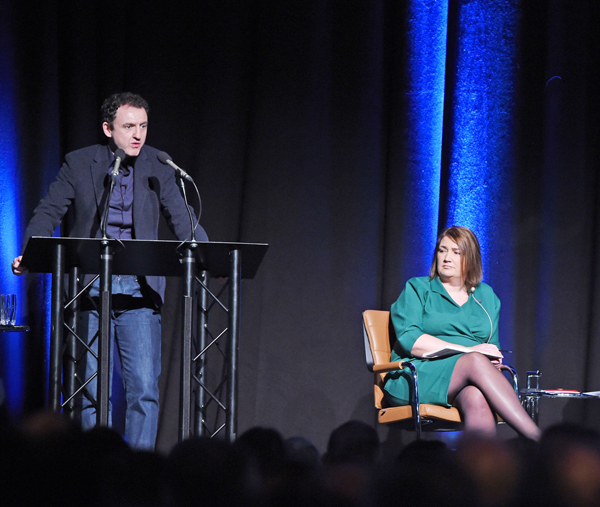“You are trying to achieve Irish Unity by stealth.” The woman spoke accusingly.
I was sitting in Dublin. In the Irish Department of Foreign Affairs’ building. It was a meeting to discuss women, peace and security. It was like being thrust back into the early 1990s when words like Irish unity were considered “succour to terrorism”. In some ways I felt a little sorry for this 26 counties-born woman. She clearly had been influenced by the Section 31 RTÉ psyche and hasn’t kept up since the Good Friday Agreement. But maybe that’s patronising. Maybe she feels sorry for me.
The accusation was made as I and my colleague explained how Irish citizens, particularly women, are having their rights denied to them in the north east of our country, and how under the terms of citizenship and responsibility in the Good Friday Agreement the Irish government need to step up and ensure they defend those citizens’ rights and not hide. The woman, who lives near the north-south border, is challenged by challenging self-imposed borders. It set the tone for the week.
On Saturday, Queen’s University human rights Professor Colin Harvey, a very quietly spoken, humble individual, took to the stage in the Waterfront at the first-of-its-kind nationalist conference. I was lucky enough to introduce him and take a seat next to him. The stage was shaking as he forcefully and loudly proclaimed: “We will not be seeking permission from anyone to talk about the unity of our country”; “we apologise to no-one for being here today and having the conversation about the rights of Irish citizens.”
Yep, it was that kind of week. The content of the Beyond Brexit conference, despite its wealth, was almost lost as the issue became about whether Irish citizens have the legitimate right to talk to each other about Irish unity or Brexit or both. Some unionists and media outlets felt that they should have a veto on how Irish nationalists will frame their own conversations. The manufactured ‘controversy’ was a modern-day version of those old laws which forbade Catholics congregating in numbers of more than five for fear they might engage in sedition. Indeed, the post-conference coverage has continued to focus on nationalists daring to hold such a professional well-attended conference as a spectacle, rather than these citizens raising issues that need to be engaged with.
And of course, Fine Gael and Fianna Fáil have played the game too by telling us when it is appropriate to talk about a border poll. Their words would have far more meaning if they were calling on working groups in the Oireachtas to draw up policies and plans that might form part of a conversation on unity – like they did in addressing the referendum on the 8th Amendment, when they were actually trying to address violations of human rights and not just assuage them. Their tones of moderation feed the narrative that us northern nationalists are just too hot-headed or maybe even dangerous when we push at constitutional obligations. That feeds the concept of us being a people apart and tells us something about their complicity in the problem.
I was reminded of the words of Parnell, written on his statue in Dublin: “No man has the right to say to his country, ‘Thus far shalt thou go and no further.’”
It’s good to talk (media take note)

VOICES: Andrée Murphy and Professor Colin Harvey share the stage on Saturday





